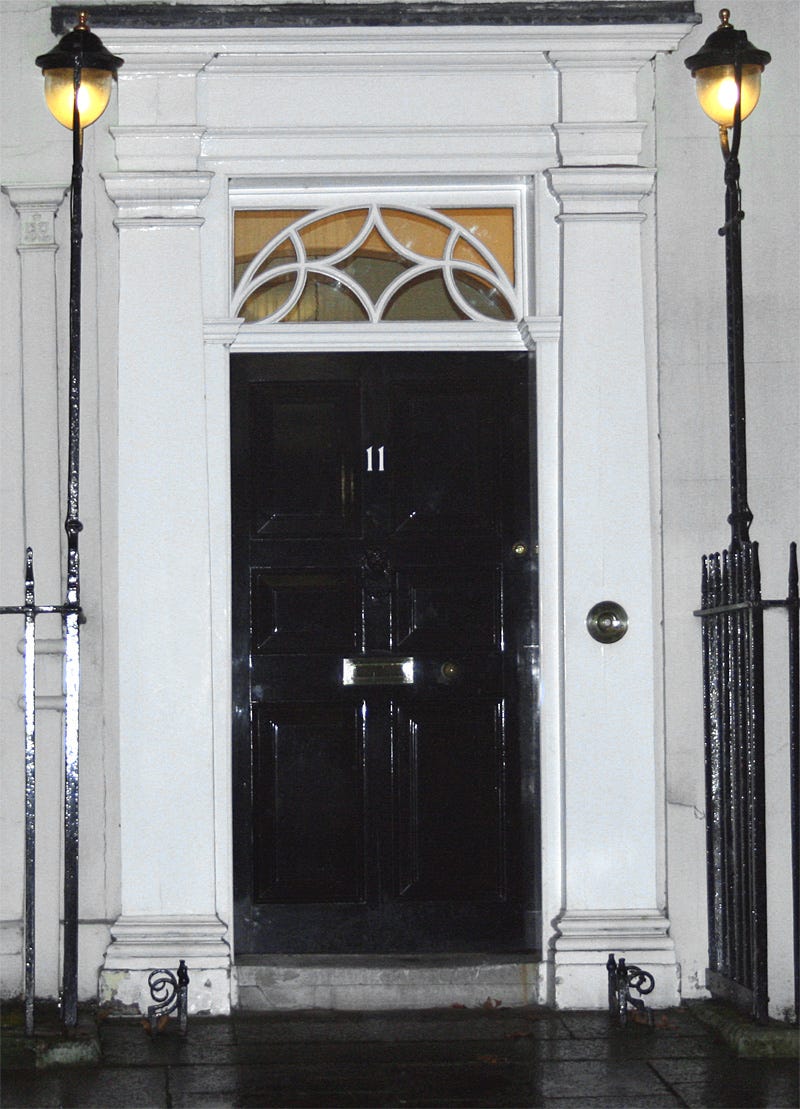Andrei Rogobete: In Defence of Cash ISAs

Recent articles in the financial news (such as this one by the Telegraph) have been hastily calling for the abolition of Cash ISAs, claiming absurdities such as, ‘cash savers don’t deserve tax breaks’.
Here are a few reasons why they may be mistaken and why their approach is saliently unwise:
– Cash ISAs are a key component of diversified savings portfolios. Defenders of high-return investments often tout the benefits of diversification, and that’s exactly why Cash ISAs hold their own. They provide a robust, low-risk foundation to any savings or investment strategy that is shielded from drastic fluctuations. Companies such as Trading 212 and Chip offer interest rates of 5.16% and 5.15% respectively with unlimited withdrawals. Sure, critics would argue that these are introductory offers used to persuade customers onto other asset classes (i.e. stocks), but the option to exclusively utilise the Cash ISA remains. In this sense, Cash ISAs often act as a useful holding account for other investment decisions that will invariably arise.
– Cash ISAs don’t ‘dodge tax’.We need to be realistic here about who benefits from Cash ISAs. Spoiler alert: it’s not the ultra-wealthy! Cash ISA holders are overwhelmingly comprised of pensioners and those on middle incomes. Financial Planner Jordan Clark (of Quilter) reported that,
‘Older savers, in particular, tend to hold significant amounts in Cash ISAs. The average ISA value at the end of 2021 to 2022 was around £9,477 for the 25 to 34 age group [..] compared to around £63,365 in the 65 and over group’.
This hardly resembles a ‘wealthy’ group bent on tax avoidance, particularly since the lion’s share of savings found in Cash ISAs originates from earned income upon which tax has already been paid – making the whole situation feel rather disingenuous. In addition, Cash ISAs have also been part of people’s long-term pension strategy, saving for retirement and hence it would be unjust to move the goal posts. Government policy shouldn’t penalise diligence and financial planning.
– Cash ISAs offer simplicity and flexibility. Most Cash ISAs offer flexible features – such as the ability to withdraw and replace money without affecting the annual £20,000 allowance – which can be invaluable in times of financial need or uncertainty. Again, they can serve as a useful holding account for other investments – and in this area Exchange Traded Funds (ETFs) have dramatically lowered entry costs and opened the door for smaller retail investors (particularly in broad index funds, etc). This accessibility, combined with the security and ease of use, make Cash ISAs a versatile tool in both short-term saving and long-term financial planning.
– Cash ISAs promote the right values. When developing public policy it’s important to occasionally step back and ask the wider moral questions: what are the ethical implications of the proposed change? Indeed, what moral values do we wish to promote as a society and what should we expect of government? The reality is that financial instruments such as Cash ISAs promote a degree of pragmatism and financial prudence amongst the general population – and this is not something to be scorned. A healthy economy, though important, is not merely about GDP growth. It relies on robust levels of household savings that are able to weather economic storms. Cash ISAs may indeed be in need of a rebrand, but their utility and the underlying values of financial prudence ought to be championed.

Andrei E. Rogobete is the Associate Director of the Centre for Enterprise, Markets & Ethics. For more information about Andrei please click here.
Image: HM Treasury / Flickr. Reproduced using an Attribution-NonCommercial-NoDerivs 2.0 Generic licence.
